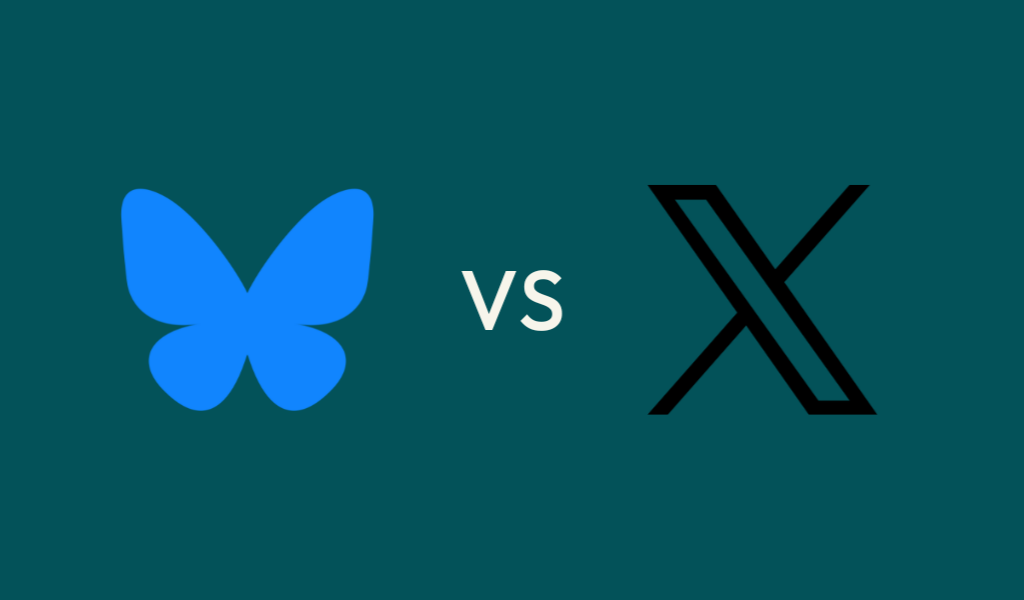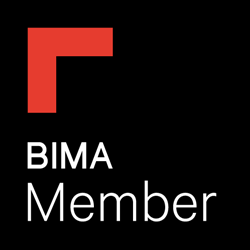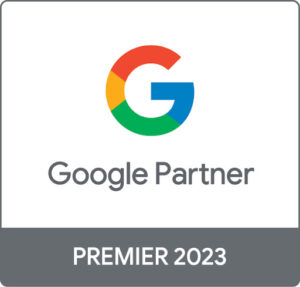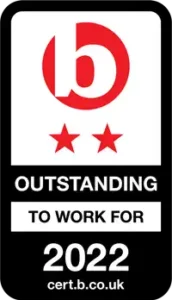
I’ll say it… I’m done with X (formerly known as Twitter).
As a PR professional who has relied on it for nearly a decade to connect with journalists, respond to media requests, and build relationships, this feels like breaking up with an old friend. But let’s face it—this ‘friend’ has changed beyond recognition.
Twitter once felt like a dynamic hub for journalism, where PR pros and reporters could connect in real-time. It was a level playing field—a melting pot of ideas, conversations, and perspectives. But now? Between allegations of algorithm manipulation, a rise in offensive content, misinformation, and controversial decisions tied to Elon Musk’s leadership, the platform feels…off.
What’s more, journalists are leaving in droves. The Guardian recently became the first major news outlet to boycott the platform entirely. For PR pros, this begs the question: where do we go from here?
Why I’m turning to Bluesky
Lately, I’ve been exploring Bluesky, a new social media platform that’s been making waves. In just a few months, it’s attracted over a million new users, particularly following the US election.
What’s it like? Honestly, it feels like a throwback to the “old Twitter” we all loved. The interface is clean, the conversations feel authentic, and there’s a genuine sense of community among early adopters. Everyone seems invested in building something positive, and that’s refreshing.
Even better? I’ve already started seeing journalist requests popping up—a promising sign for Bluesky’s potential as a PR-friendly platform.
The bigger picture: Our dependency on social media
But here’s the real issue we need to talk about: why are we so dependent on social media for news?
In 2023, social platforms officially became the #1 news source for people under 35, surpassing traditional outlets. That’s a seismic shift. Social media has essentially become the “mainstream media” for an entire generation.
The problem? It’s rife with misinformation. A recent study revealed that only 2% of health and wellness content on TikTok is accurate. Two percent. Let that sink in.
Meanwhile, traditional media—despite its flaws—still maintains some level of accountability. There are fact-checkers. There’s evidence to back claims. It’s far from perfect, but it’s a far cry from the wild west of unverified posts and viral rumours on social platforms.
I’m not saying we should abandon social media altogether (I’m just as hooked as anyone else). But we can’t rely solely on social media as our source of truth. It’s on us to actively support credible journalism, question what we read, and look beyond the algorithm.
So, what about you? Are you sticking with X, exploring Bluesky, or just over social media altogether?








